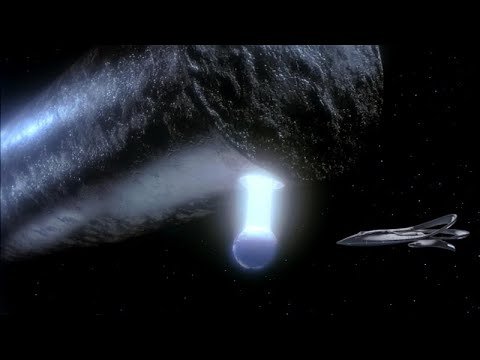- Joined
- Jul 18, 1998
- Messages
- 25,684
- Reaction score
- 56,024
Offline
Scientists drill nearly 2 miles down to pull 1.2 million-year-old ice core from Antarctic
An international team of scientists announced Thursday they’ve successfully drilled one of the oldest ice cores yet, penetrating nearly 2 miles (2.8 kilometers) to Antarctic bedrock to reach ice they say is at least 1.2 million years old.







